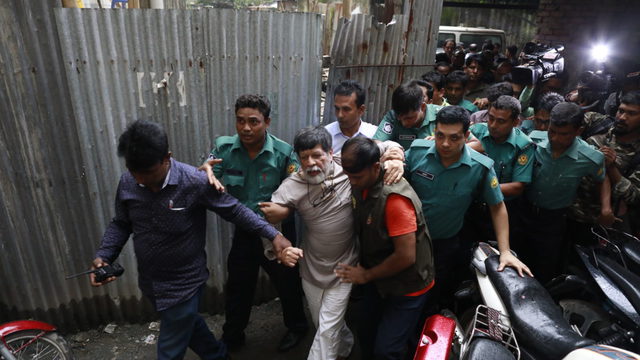event
Exhibition, Bratislava, May 23 - June 22, 2014:
We are living in a prolonged period of economic, social, political and
environmental crisis, in which the yearning for global, redeeming
visions of the future has become increasingly frustrating, if not
obsolete. However, it is not possible to live without expectations,
without being able to imagine better conditions, a more positive state
of affairs. And what if ? as many thinkers, cultural producers and
various practitioners propose ? instead of heading towards fixed images
of the future, we understand utopia, as a continuous process of becoming
in which we participate? That is, instead of viewing the future as an
end, a goal we should attain in an ever-delayed 'some day', we actualize
it in the present, perform it in the everyday?
Read
